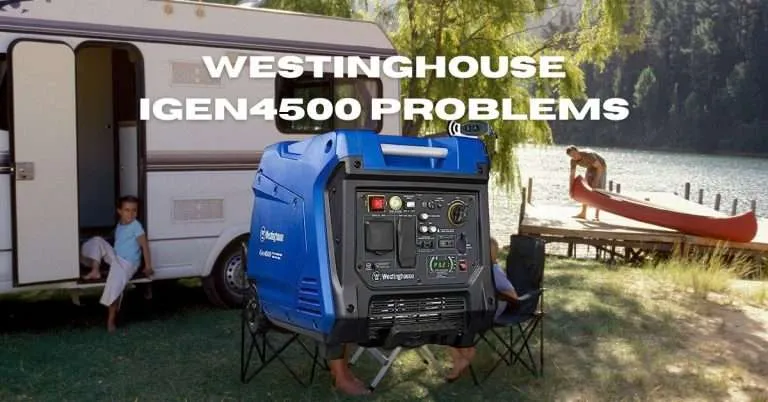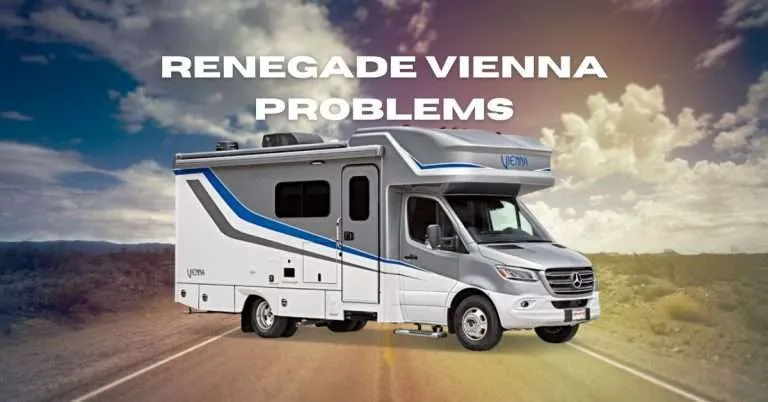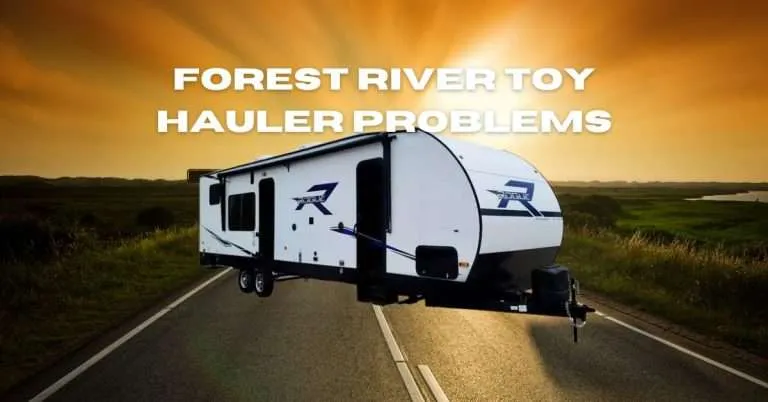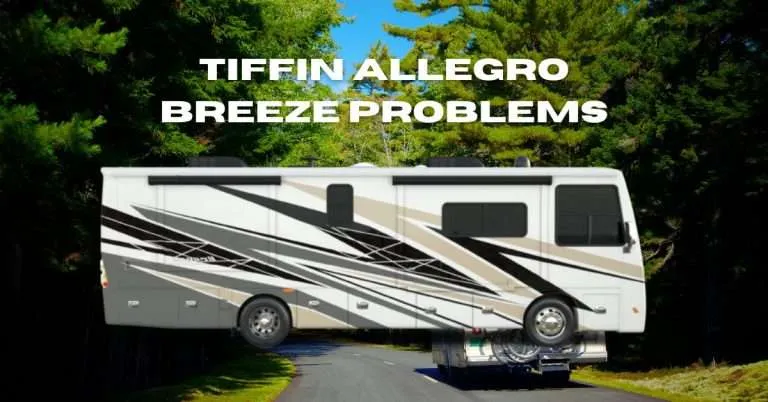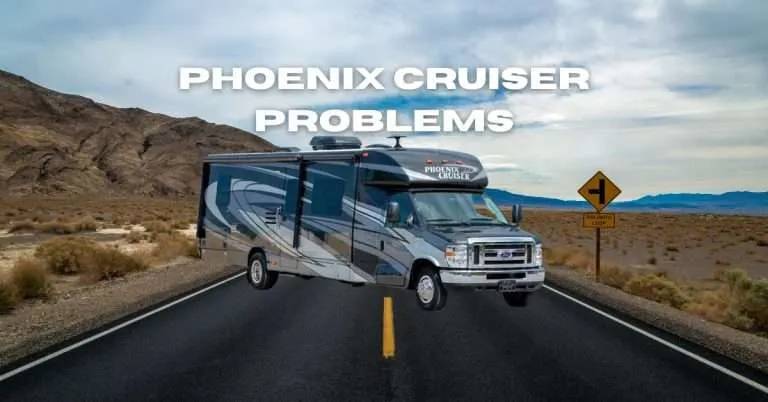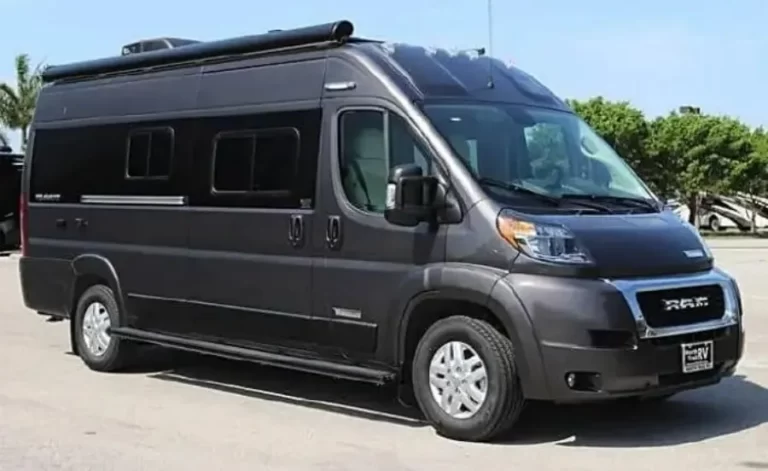Forest River RV Air Conditioner Problems: Causes and Solutions
Last updated on August 12th, 2024 at 11:33 pm
If you own a Forest River RV, you know how important a properly functioning air conditioner is to the comfort of your camping experience. Unfortunately, like any other RV component, your air conditioner is susceptible to a number of problems that can make your camping trip miserable.
In this article, we will discuss some of the common Forest River RV air conditioner problems, their causes, and solutions.
In the wrong place? We also have articles on Sierra, Grey wolf, Furnace, Heritage Glen, FR3 Problems.
Common Problems with Forest River RV Air Conditioners
Insufficient Cooling
Is your RV’s temperature climbing despite the air conditioner running? It may be an insufficient cooling issue! Various causes, from a dirty filter to low refrigerant levels and even a wonky thermostat, could all play their part. Get back into chilly comfort with some troubleshooting, stat!
Leaks
Another common issue with Forest River RV air conditioners is leaks. Leaks can occur in the refrigerant lines or in the drain pan, leading to reduced efficiency and water damage to your RV.
Blowing Hot Air
There could be several reasons if your air conditioner is blowing hot air instead of cool air. These include a clogged air filter, a broken compressor, or low refrigerant levels. Even if you are in a tent with ac you may get this issue.
Strange Noises
Strange noises coming from your air conditioner are never a good sign. These could be caused by a variety of issues, including loose parts, a faulty fan, or a worn-out motor.
Electrical Problems
Your Forest River RV air conditioner relies on electricity to function properly. If you’re experiencing electrical problems, such as a tripped breaker or a blown fuse, your air conditioner may not function at all.
Causes of Forest River RV Air Conditioner Problems
Lack of Maintenance
One of the main causes of air conditioner problems in RVs is a lack of maintenance. Regular cleaning and inspection of your air conditioner can prevent many common issues, such as clogged filters and leaks.
Wear and Tear
Over time, the components in your air conditioner can wear out, leading to problems such as leaks, strange noises, and insufficient cooling. It’s important to replace worn-out parts as soon as possible to prevent further damage.
Installation Issues
If your air conditioner was not installed correctly, it can cause a variety of problems. Poor installation can lead to leaks, insufficient cooling, and electrical problems.
Environmental Factors
Environmental factors such as humidity and temperature can also affect the performance of your air conditioner. For example, if it’s extremely hot outside, your air conditioner may struggle to keep up.
Solutions to Forest River RV Air Conditioner Problems
Regular Maintenance
From our experience, we suggest that to prevent many common air conditioner problems, performing regular RV maintenance is essential. This includes cleaning the air filter, inspecting the components for wear and tear, and ensuring proper installation.
Professional Repairs
If your air conditioner is experiencing more serious issues, it may be necessary to seek professional repairs. A trained technician can diagnose and repair problems such as leaks, broken compressors, and worn-out motors.
Upgrade to a Newer Model
If your air conditioner is old and worn out, it may be time to consider upgrading to a newer model. Newer models are more energy-efficient and have advanced features that can improve the comfort of your camping experience.
Conclusion
Air conditioner problems can be a major headache when you’re on a camping trip in your Forest River RV. By understanding the common issues, their causes, and solutions, you can ensure that your air conditioner runs smoothly and keeps you cool throughout your trip.
FAQs
- How often should I perform maintenance on my Forest River RV air conditioner?
- It’s recommended to perform maintenance on your air conditioner at least once a year before the start of the camping season.
- Best 12V Portable Camping Fridge - August 13, 2024
- How to Insulate Slides on an RV - February 8, 2024
- How Much Water Does an RV Use Per Day? Understanding Your Daily Consumption - February 8, 2024

